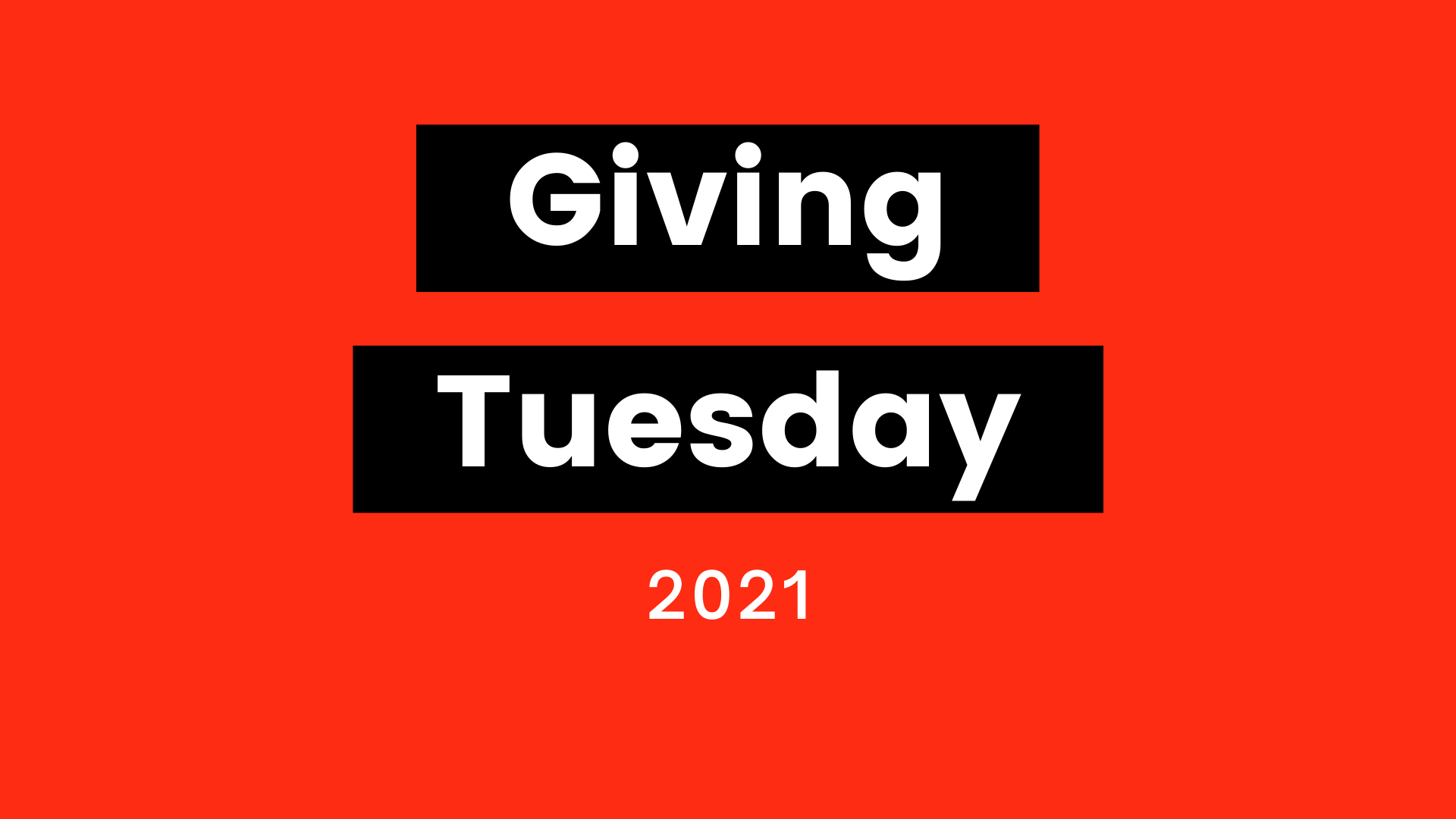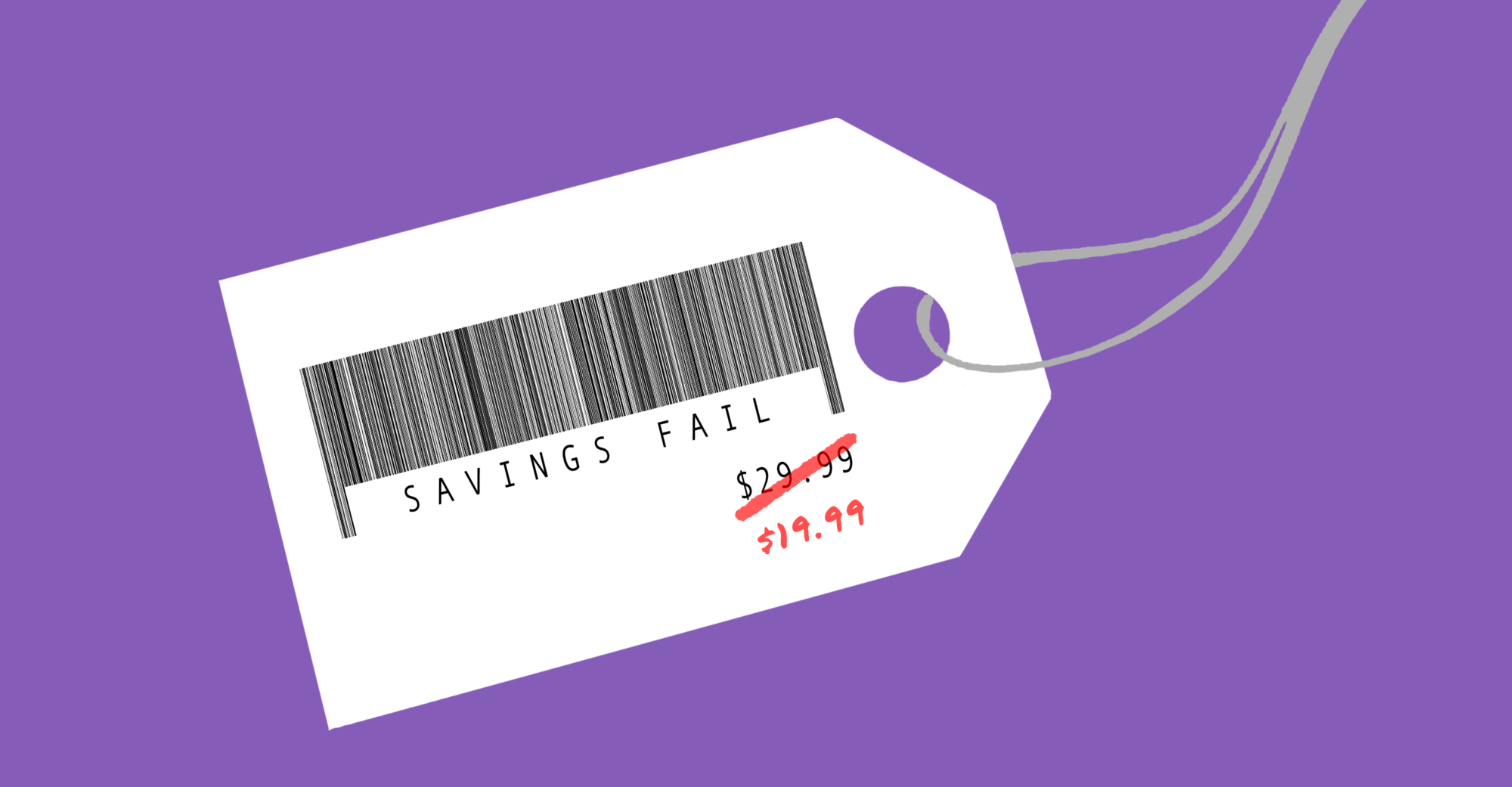
Best Reader Tips of 2021
This year reader tips led to dozens of ad alerts, as well as a complaint to regulators.
It’s not always the case that a class-action settlement resolving allegations of false advertising or deceptive marketing results in what’s best for consumers (or class members as they’re known in litigation). Here are some of those that left class members out in the cold this year.
Neuriva
The settlement reached in a false advertising lawsuit involving the brain supplement Neuriva allows the marketer Reckitt Benckiser to continue making misleading claims. Plaintiffs alleged that Neuriva was falsely advertised as “clinically proven” to improve several areas of cognitive functioning, including memory and focus. But while the settlement (which the parties amended in an attempt to address some of TINA.org’s concerns as articulated in its court filings objecting to the settlement) prohibits the company from marketing the supplement as “clinically proven” or “shown” to improve brain performance, it allows the company to use words and phrases that send the very same message. Such permissible language — if the settlement is officially approved by the court — includes “clinically tested,” as well as “backed by science” and any other synonymous language. In addition, the majority of class members won’t receive any money under the settlement while plaintiffs’ attorneys will pocket nearly $3 million.
Apple
A settlement resolving allegations that Apple throttled the performance of several models of iPhones and iPads to induce owners to buy new devices also makes the list. While class counsel requested a whopping $87.7 million in attorneys’ fees, class members would get $25 for each device they own that experienced diminished performance. The Department of Justice and 12 state attorneys general filed briefs opposing the attorneys’ fees as excessive and unreasonable. Dozens of class members also objected to this settlement, and most of these objections took issue with attorneys’ fees. Even Apple opposed the amount plaintiffs’ counsel would get paid, while agreeing to the remaining terms of the proposed settlement. Though the court lowered the attorneys’ fees, the fees remained over $80 million and the settlement was given final approval, which class members appealed. Check back for the outcome of that appeal.
Spartan Race
Class members who alleged that Spartan Race, an obstacle racing event company, engaged in a deceptive insurance scheme may not feel like winners. Under the settlement, which was approved by a federal court in May despite objections from class members, class counsel got nearly $2.3 million in fees, while class members could select either a free four-month membership in the “Spartan+ Membership Program” or up to four $5 vouchers to use to purchase merchandise on Spartan’s website. (Both options require class members to remain customers of Spartan, where $20 may not go very far seeing as a T-shirt on the company’s online store sells for $55). In addition, the company may still impose the disputed “Racer Insurance Fee” as long as it changes the name of the charge and discloses that Spartan may pocket a portion of the fee.
General Mills Fruit Snacks
In June, a federal court denied preliminary approval of a proposed settlement in a lawsuit accusing General Mills of falsely marketing fruit snacks as containing no artificial flavors. Under the terms of the rejected settlement, class members would have received no cash but would have given up their rights to sue in the future. Meanwhile, the company would have been allowed to keep the “no artificial flavors” label on product packaging as long as it was accompanied by an asterisk directing consumers to a statement on the company’s website identifying the natural flavors on the ingredients list and disclosing that the products may also contain synthetic ingredients. In addition, the company only agreed to make this marketing change for four years. After the court rejected the settlement, the parties revised their agreement to allow class members to retain their rights to sue General Mills for damages or personal injury regarding the products at issue and to require that the company remove the phrase “no artificial flavors” from product packaging and promotional materials (but only for a period of two years). The parties moved for preliminary approval in September. Stay tuned as to whether the court gives it the green light.
Roundup Weed & Grass Killer
Third-party organizations were the real winners in a settlement resolving a lawsuit involving the marketing of Roundup Weed & Grass Killer. According to the lawsuit, labels misleadingly imply that products do not cause adverse health effects by falsely representing that the active ingredient glyphosate “targets an enzyme found in plants but not people or pets,” when in reality the enzyme is found in people and pets and therefore using the product may result in adverse health effects. Pursuant to the settlement agreement, the cash awards given to class members are capped at half of the average retail price of each product purchased. Only two to three percent of the class (around 240,000 class members) filed claims. While not unusual to have such a low percentage of class members file claims, that means only around $12 million of the nearly $40 million settlement fund goes to class members, while (French for “as near as possible”): a legal doctrine that requires a judge to consider the manner in which unclaimed settlement funds in class action lawsuits are distributed. Under this doctrine, the remaining funds must be distributed for the indirect benefit of the class instead of benefiting the defendant. recipients — including the National Advertising Division, the National Consumer Law Center and the Center for Consumer Law & Economic Justice at the University of California — walk away with about $16 million of the settlement fund. Class counsel gets around $10 million and the remaining $2 million goes to pay administrative fees and the named plaintiffs. An objecting class member appealed the final approval order in June. Then, in August, 10 state attorneys general opposed the settlement arguing that the large cy pres distribution is unfair to class members. The appeal remains pending.
Find more of our year-end coverage for 2021 here.
This year reader tips led to dozens of ad alerts, as well as a complaint to regulators.
Support our mission of keeping ads honest by making a donation to TINA.org.
The illusion of savings.


